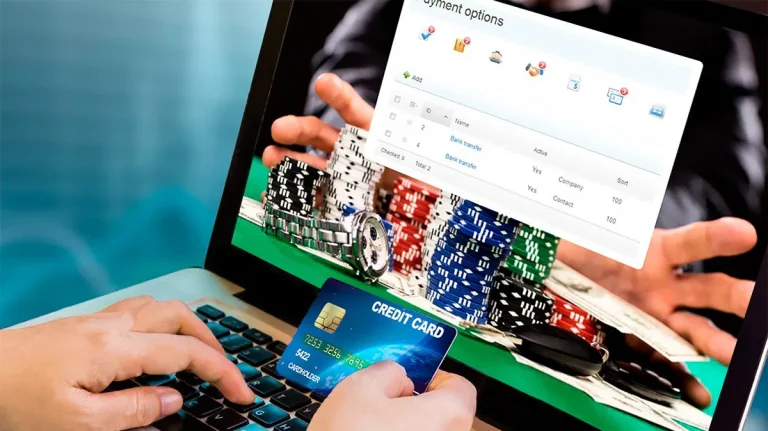In recent years, the online gaming industry has undergone a dramatic transformation—not only in the way players engage with games but also in how they pay to play. The traditional dominance of credit cards is waning as new, faster, and more secure payment methods take center stage. This evolution signals a significant shift for both players and operators, especially within credit card casinos, where convenience and trust have always been key.
The Rise and Fall of Credit Card Casinos
For decades, credit cards were the go-to payment option for online gaming. Players valued the ease of instant deposits and the familiarity of using their Visa or Mastercard to top up gaming accounts. Credit card casinos thrived because they offered a simple, universally accepted way to fund gameplay.
However, as technology advanced and consumer priorities shifted, cracks began to appear in the model. Rising transaction fees, slower withdrawal times, and growing concerns over data security started to push players toward more innovative alternatives. Additionally, increasing regulatory scrutiny around responsible gambling and debt accumulation caused many regions to impose restrictions on using credit cards for gaming, further accelerating their decline.
Digital Wallets: The New Standard of Convenience
One of the biggest disruptors in online gaming payments has been the widespread adoption of digital wallets like PayPal, Skrill, and Neteller. These platforms provide a layer of separation between players’ bank accounts and gaming sites, offering enhanced privacy and faster transactions.
Unlike credit card casinos, which often involve lengthy verification processes and delayed withdrawals, e-wallets streamline financial interactions. Players can deposit and withdraw almost instantly, making the experience smoother and more user-friendly. For gaming operators, this translates into increased customer satisfaction and loyalty.
The Cryptocurrency Revolution
Cryptocurrency has emerged as one of the most revolutionary payment innovations in online gaming. Bitcoin, Ethereum, and other digital assets are now widely accepted across major gaming platforms. The appeal lies in decentralization, anonymity, and minimal transaction costs.
For players concerned about privacy, crypto payments eliminate the need to share personal banking information—a stark contrast to credit card casinos, where transactions can appear on bank statements. Additionally, blockchain technology offers unmatched transparency, allowing both players and operators to track and verify payments securely.
Instant Banking and Alternative Payment Methods
Beyond digital wallets and cryptocurrencies, new systems like open banking, prepaid cards, and mobile payment apps have gained traction. Instant banking solutions, powered by secure APIs, allow users to transfer funds directly from their accounts without intermediaries.
Mobile payment services like Apple Pay and Google Pay also play a pivotal role, especially among younger gamers who prefer seamless, app-based transactions. These innovations are fast becoming the norm, signaling the end of the one-size-fits-all approach that once defined credit card casinos.
Regulatory Shifts and Consumer Trust
Another factor driving the decline of credit cards in online gaming is the growing emphasis on responsible gambling. Governments and regulators in several regions, including the UK and parts of Europe, have implemented bans or restrictions on using credit cards for gaming-related payments.
These measures are designed to prevent players from gambling with borrowed money, promoting financial responsibility. As a result, gaming operators have been quick to diversify their payment offerings to comply with regulations and maintain consumer trust.
What the Future Holds for Online Gaming Payments
The decline of credit card casinos does not spell the end of traditional banking options but rather marks the beginning of a more dynamic, player-focused payment landscape. Future innovations may include biometric authentication, blockchain-based smart contracts, and AI-driven payment security—all designed to enhance safety and convenience.
As online gaming continues to evolve, flexibility and innovation will define the industry’s payment systems. The key takeaway is clear: players now expect speed, security, and choice. Those platforms that adapt will thrive, while those that cling to outdated credit card systems risk being left behind.
Conclusion
The online gaming world is entering a new financial era where innovation drives engagement. While credit card casinos once dominated the landscape, modern alternatives like digital wallets, cryptocurrencies, and instant banking are reshaping how players fund their entertainment. As technology continues to evolve, one thing is certain—the future of online gaming payments will be faster, safer, and more player-centric than ever before.


